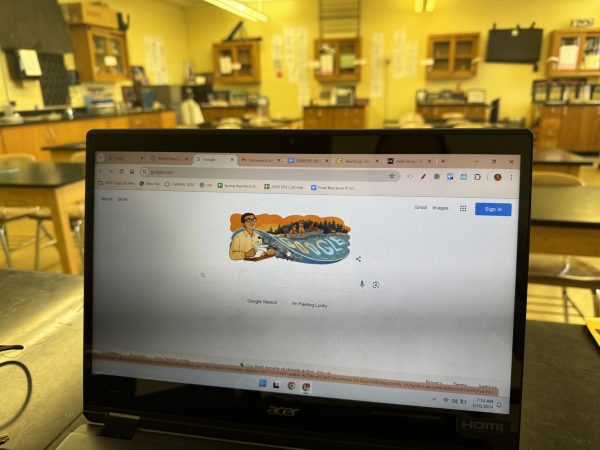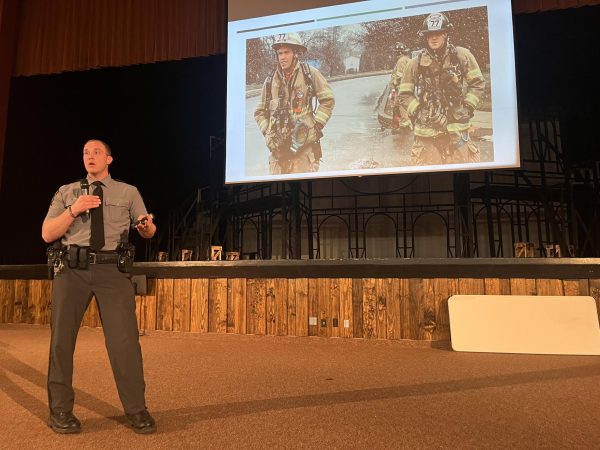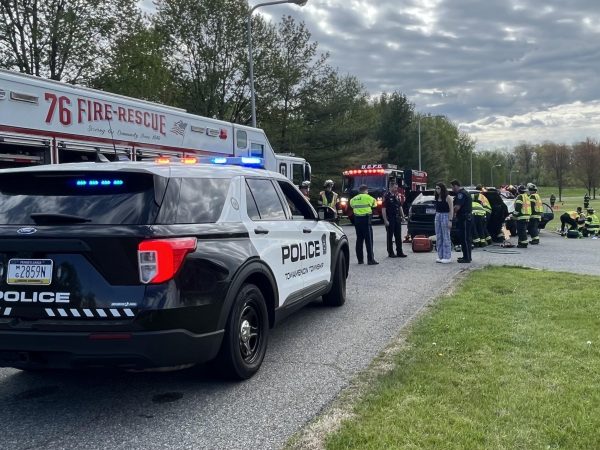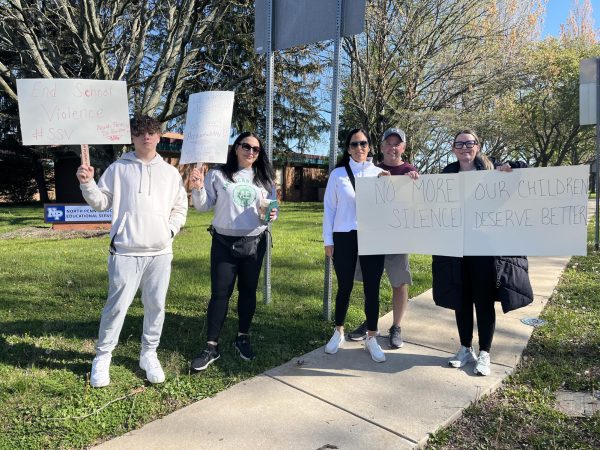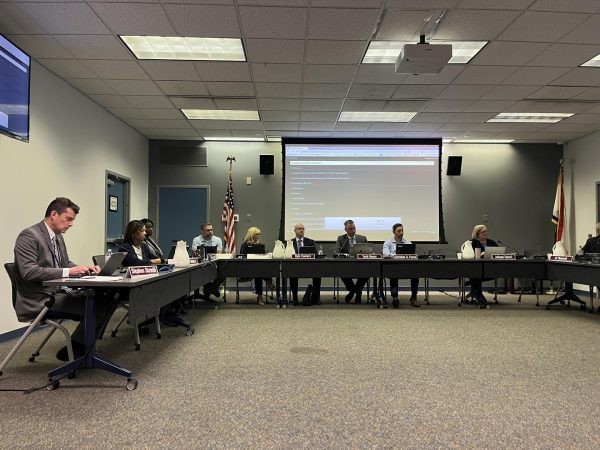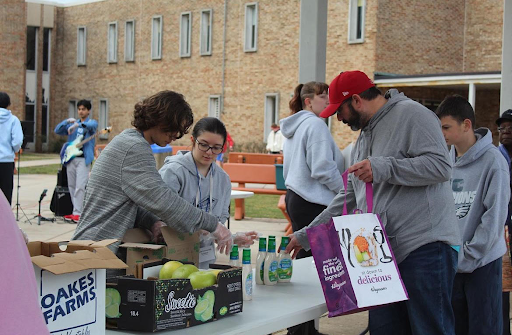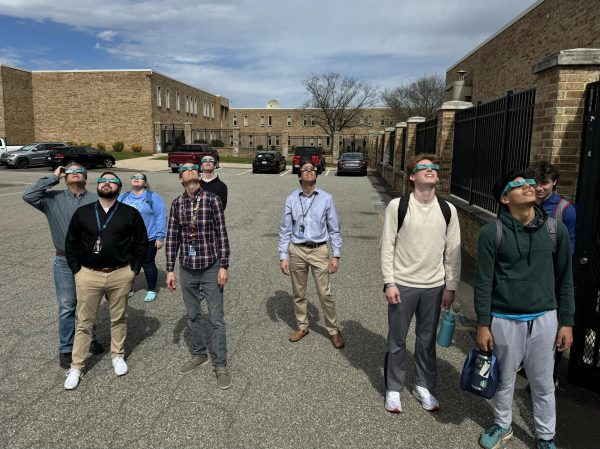NPHS to host inaugural Mock Senate
The sun sets on the U.S. Capitol building, Thursday, March 4, 2021, in Washington. (AP Photo/Alex Brandon)
WHO: NPHS Government Teacher Brian Haley, along with student leaders Catherine Cavanaugh, Grace Heller, and Riley Stanton
WHEN: Friday, April 9 from 1-5pm and 6-9pm
WHERE: From the comfort of your own home, through a Google Meet
WHAT: The first ever NPHS Mock Senate, in which participants (after paying the $6 fee, that will go to the Ronald McDonald House) will be divided into Committees, debate, amend, and eventually vote on bills
WHY: ”I’m the treasurer of the Republican Club, and I wanted to do something with the Dems, a little bipartisan action. So, Catherine, Riley, and I came up with the idea to hold a Mock Senate,” senior Grace Heller said.
“This is a nice way for kids who wanted to work on a platform who didn’t have the opportunity to {at the Mock Convention} to be able to gather in smaller groups. It’s a good way to learn, even if you’re not super into government (yet). It’s a good way to convince people to believe what you believe, senior Catherine Cavanaugh added.
The afternoon session, which will take place from approximately 1-5 p.m., will include the three committees each being assigned their bills, and spending about an hour flushing each one out. Senators can make proposals to amend the bill and try to convince their colleagues to vote one way or the other. The bills that are approved by committee will then move to the evening session with the full Senate from 6-9 p.m.
“Legislation starts with an idea. Somebody fleshes the idea out and writes it up as a bill. When a bill gets introduced into either House of Congress, it goes to the leader of that house, who then assigns it to a committee. The committees are where most of the work in Congress gets done. The committees become the experts,” Government teacher Brian Haley explained.
Haley made clear that no student will be forced to argue for a Party that they don’t consider themselves a part of.
“You don’t have to be a Democrat or a Republican. You can be you.”
Interested? Join the Google Classroom with code mcrmotz or email Catherine Cavanaugh at [email protected]




